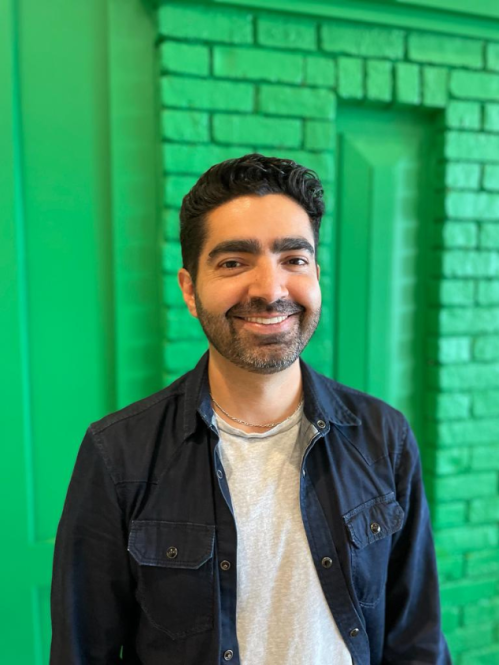Jose Guillermo Cedeño Laurent, MSc, ScD

Biography
Jose Guillermo "Memo" Cedeño Laurent, Sc.D., M.Sc., is an assistant professor in the Department of Environmental and Occupational Health and Justice at the Rutgers School of Public Health. During his career, Dr. Cedeño has worked in the field of healthy buildings, focusing primarily on climate change and health in the built environment as associate director of the Healthy Buildings Program at Harvard. During the height of the COVID-19 pandemic, Dr. Cedeño actively helped school districts across the country to incorporate ventilation and air filtration strategies to help bring students safely back to classrooms. Dr. Cedeño promotes healthy indoor environments as a human right. He earned a master's degree in energy engineering from Aachen University in Germany, and a bachelor’s degree in mechanical engineering from Monterrey Tech in Mexico. Dr. Cedeño received his Doctor of Science in environmental health from the Harvard School of Public Health.
Research Interests
Dr. Cedeño's research has documented the negative impacts of indoor heat and indoor pollution exposures on cognitive function. He has developed ecologic momentary assessment tools to conduct prospective observational studies that combine environmental sensors and wearable devices. His overarching goal in research is to establish a solutions-oriented framework that elucidates the mechanisms by which climate change will impact the built environment and the health of the people who inhabit them. Dr. Cedeño's research focuses on:
- Advancing the understanding of mechanisms by which climate change related environmental exposures impact health, productivity, and safety;
- Leveraging the data collection potential of novel exposure assessment methods in intervention-based, quasi-experimental studies; and
- Strengthening the evidence linking energy efficiency opportunities in buildings to public health benefits.
These three aims are anchored to his mission of promoting healthy indoor environments as a human right. His overarching goal in research is to establish a solutions-oriented framework that elucidates the mechanisms by which climate change will impact the built environment and the health of the people who inhabit them.